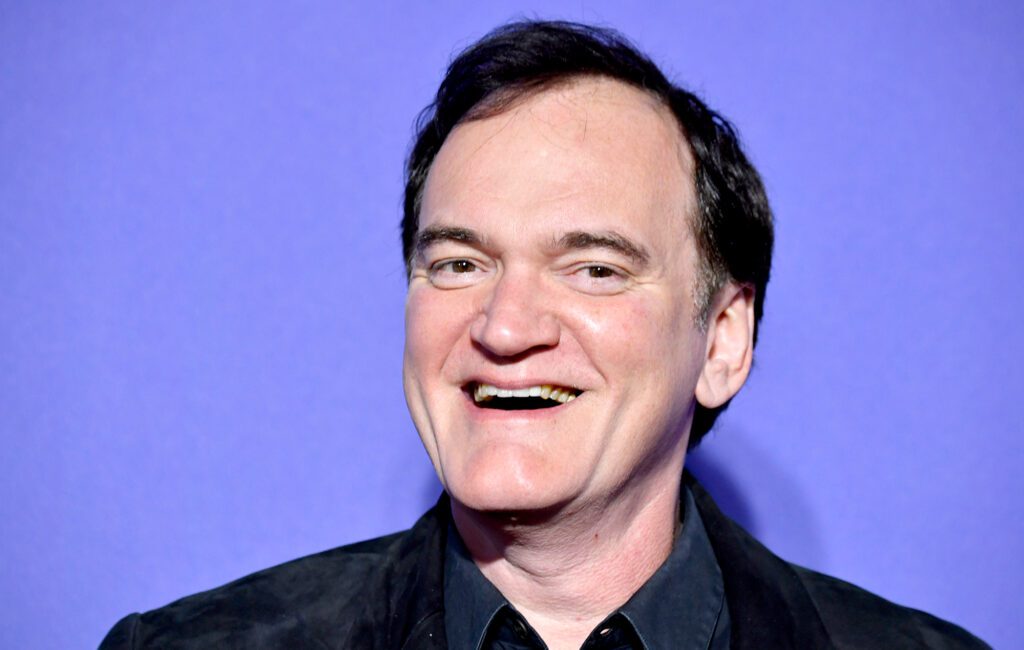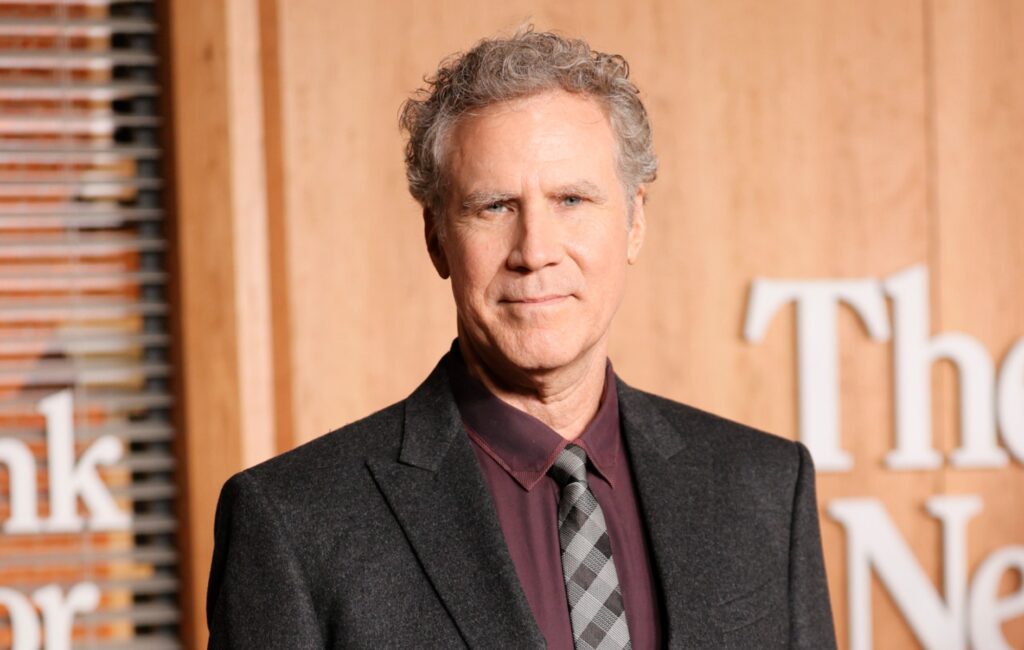Amanda Knox says Matt Damon film 'Stillwater' profits from her story at the expense of her reputation
 Posted On
Posted On
Amanda Knox has accused Stillwater director Tom McCarthy and star Matt Damon of profiting off her experiences by “distorting” her character, “at the expense of [her] reputation”.
In 2009, Knox and her then-boyfriend Raffaele Sollecito were wrongfully convicted of the 2007 murder of Knox’s roommate Meredith Kercher, following a trial that was marked by media speculation about her character.
Knox spent four years in prison following her conviction, and was acquitted in 2011. She was ultimately exonerated (along with Sollecito) in 2015 by Italy’s Supreme Court of Cassation. Burglar Rudy Guede was found guilty of Kercher’s murder in 2008 and sentenced to 16 years in prison.
In Stillwater, Damon plays an oil worker who learns his estranged daughter (Abigail Breslin) has been falsely charged over the murder of her partner, with his character travelling to the French city in an attempt to clear her name.
Last month, McCarthy told Vanity Fair that the premise for the film, which premiered at the Cannes film festival in July, was directly influenced by what the publication referred to as “the Amanda Knox saga”.
In an essay on Medium titled Who Owns My Name?, Knox takes aim at McCarthy for making a film about her experience without reaching out to her, using her name to promote the film regardless.
“You’re not leaving the Amanda Knox case behind very well if every single review mentions me. You’re not leaving the Amanda Knox case behind when my face appears on profiles and articles about the film.”
One of her primary criticisms is the way McCarthy’s film fictionalises her story in a way that suggests she could be a participant in the crime, and could leave viewers wondering if “the real-life Amanda was involved somehow”.
She points out that she was only platonic friends with Kercher, but Breslin’s character in Stillwater has a sexual relationship with her murdered roommate. Breslin’s character, it is eventually revealed, asked the actual killer to “help her get rid of her roommate”, with the request indirectly leading to her murder.
“How do you think that impacts my reputation? I continue to be accused of ‘knowing something I’m not revealing,’ of ‘having been involved somehow, even if I didn’t plunge the knife,’” Knox writes in her essay.
“So Tom McCarthy’s fictionalized version of me is just the tabloid conspiracy guilter version of me. By fictionalizing away my innocence, my total lack of involvement, by erasing the role of the authorities in my wrongful conviction, McCarthy reinforces an image of me as a guilty and untrustworthy person.”
Towards the end of her piece, Knox turns to the way she has been unable to experience anonymity in the years following her trial, wrongful conviction and exoneration.
“I never asked to become a public person. The Italian authorities and global media made that choice for me. And when I was acquitted and freed, the media and the public wouldn’t allow me to become a private citizen again.
“I was hounded by paparazzi, my story and trauma was (and is) endlessly recycled for entertainment, and in the process, I’ve been accused of shifting attention away from the memory of Meredith Kercher.
“My only option is to sit idly by while others continue to distort my character, or fight to restore my good reputation that was wrongfully destroyed.”
Knox invites McCarthy and Damon onto her podcast Labyrinths, saying she expects they could have “a fascinating conversation about identity, and public perception, and who should get to exploit a name, face, and story that has entered the public imagination”.


